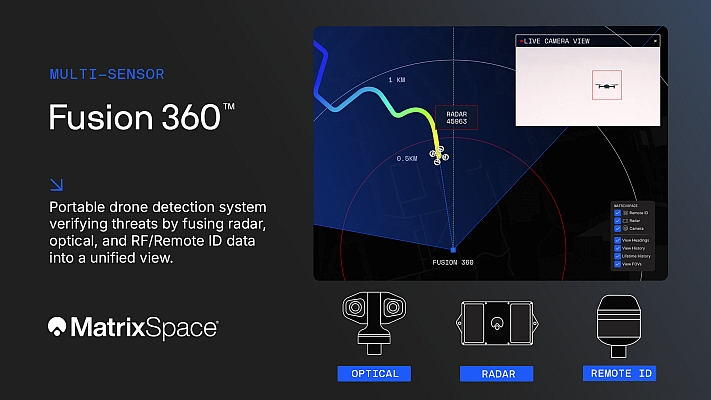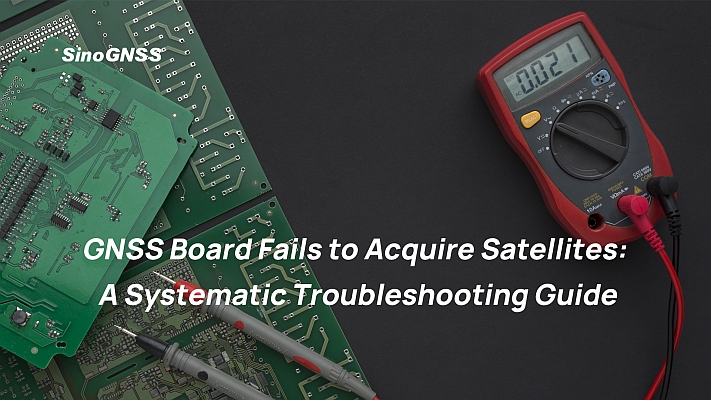The membership of the Open Geospatial Consortium (OGC) seeks public comment on the candidate Earth Observation Metadata Profile of the OGC Observations and Measurements (O&M) Standard.
The Earth Observation (EO) Metadata profile of Observations and Measurements is intended to provide a standard schema for encoding Earth Observation product metadata to support the description and cataloguing of products acquired by sensors aboard EO satellites.
EO products are differentiated by parameters such as the date of acquisition and the image footprint as well as characteristics pertaining to the type of sensor, the type of platform, the applied processing chain, and more. This candidate standard identifies the metadata elements that enable the robust description of general EO products and defines specialisations for specific thematic classes of EO products, such as optical, radar, atmospheric, altimetry, limb-looking and systematic/synthesized EO products. In addition, this document describes the mechanism used to extend these thematic schemas for specific EO missions.
Version 1.0 of the EO Metadata profile of O&M is an OGC Implementation Standard that was adopted in 2012. Since then the standard has been implemented by the EO ground segments of a number of EO missions. During these implementations, a number of improvements and corrections have been identified. The proposed version 1.1 addresses these corrections and improvements.
The documents for the candidate OGC Earth Observation Metadata profile of Observations & Measurements Standard are available for review and comment at (http://www.opengeospatial.org/standards/requests/127).
The OGC is an international consortium of more than 495 companies, government agencies, research organizations, and universities participating in a consensus process to develop publicly available geospatial standards. OGC Standards support interoperable solutions that “geo-enable” the Web, wireless and location-based services, and mainstream IT. OGC Standards empower technology developers to make geospatial information and services accessible and useful with any application that needs to be geospatially enabled. Visit the OGC website at http://www.opengeospatial.org.






